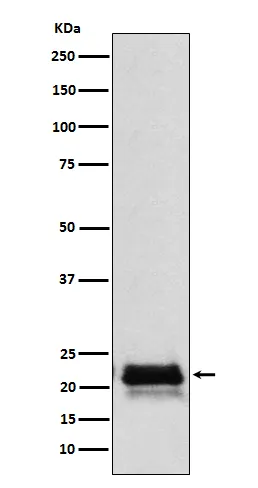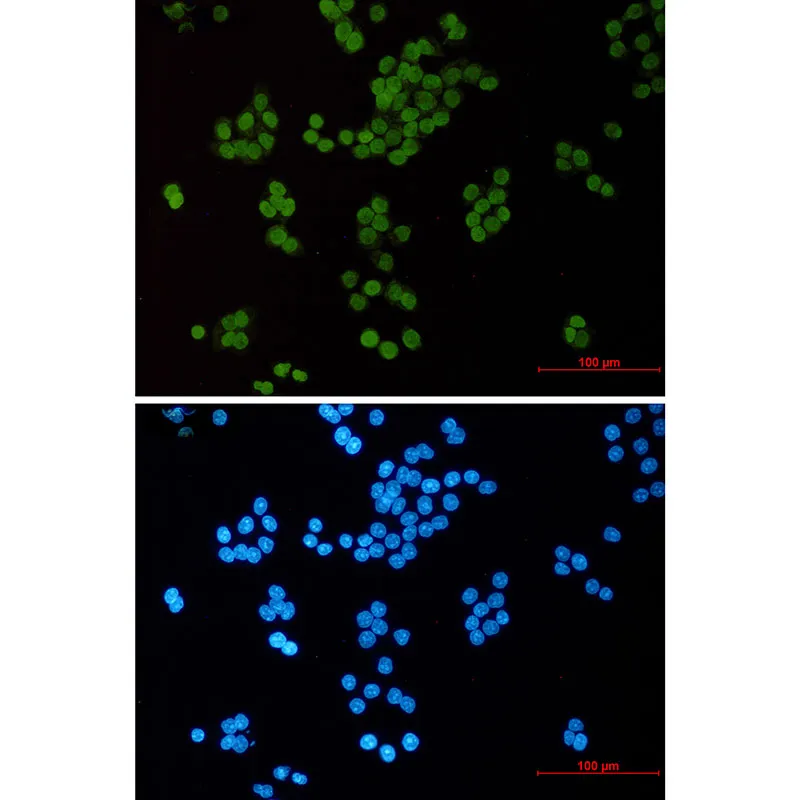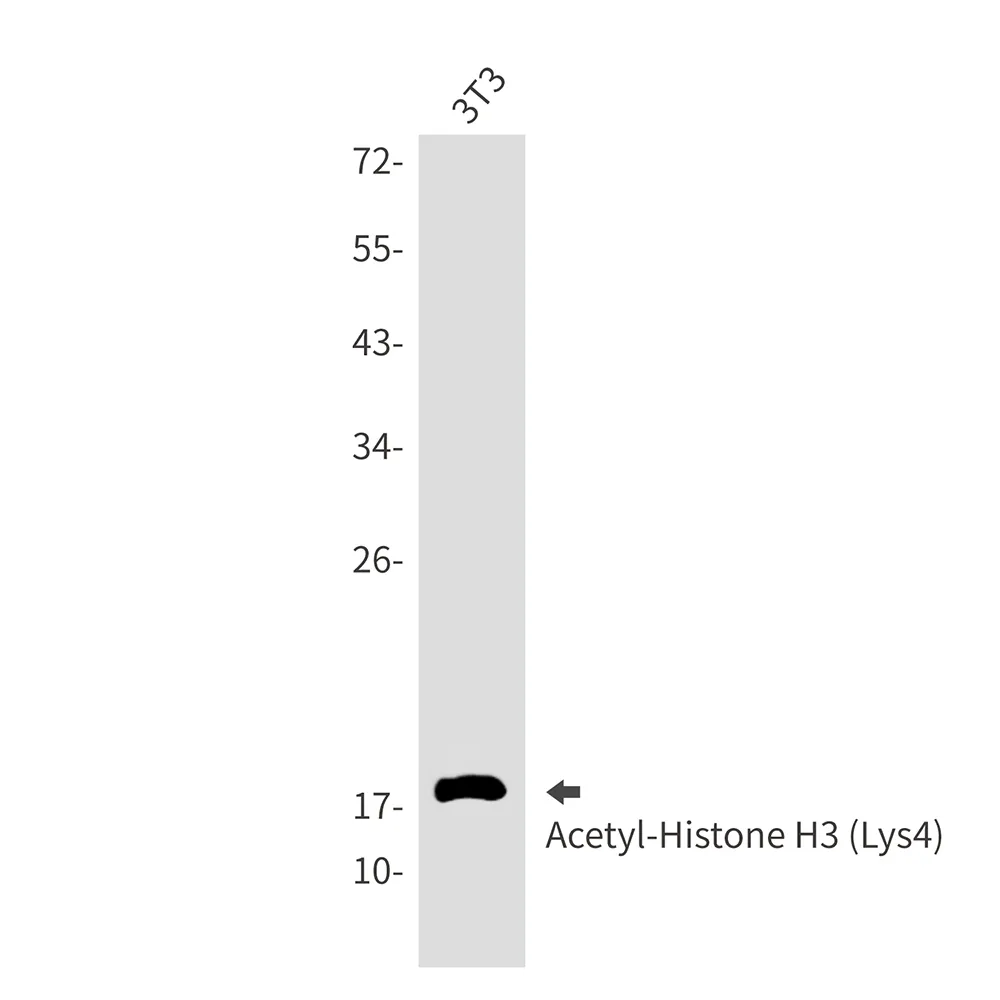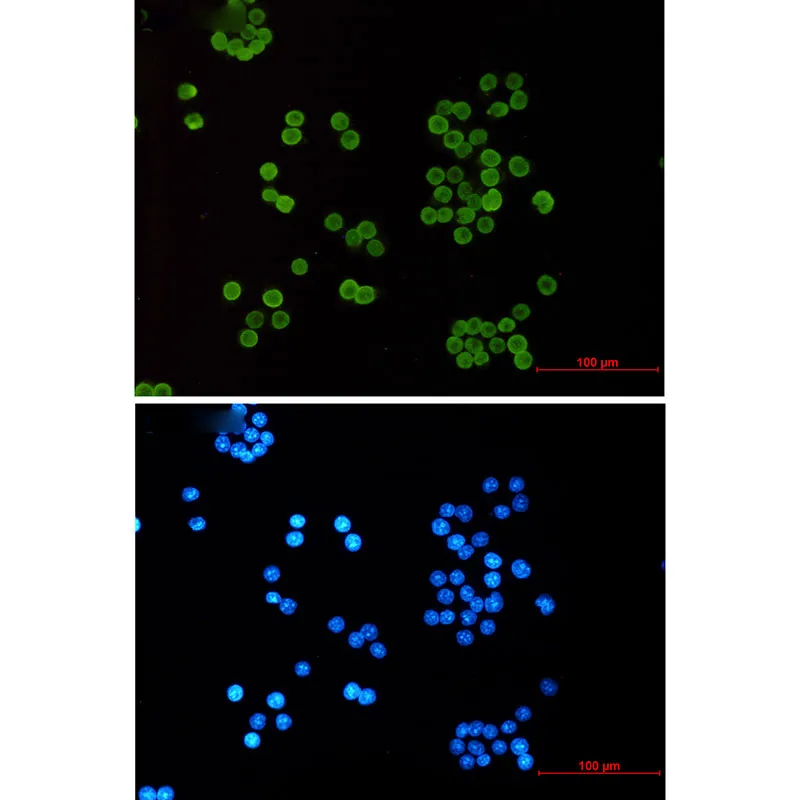产品概述
产品性能
免疫原
产品应用
研究背景
This gene encodes a member of the 17beta-hydroxysteroid dehydrogenase family of short-chain dehydrogenases/reductases. It has a dual function in estrogen activation and androgen inactivation and plays a major role in establishing the estrogen E2 concentration gradient between serum and peripheral tissues. The encoded protein catalyzes the last step in estrogen activation, using NADPH to convert estrogens E1 and E2 and androgens like 4-androstenedione, to testosterone. It has an N-terminal short-chain dehydrogenase domain with a cofactor binding site, and a narrow, hydrophobic C-terminal domain with a steroid substrate binding site. This gene is expressed primarily in the placenta and ovarian granulosa cells, and to a lesser extent, in the endometrium, adipose tissue, and prostate. Polymorphisms in this gene have been linked to breast and prostate cancer. A pseudogene of this gene has been identified. Alternative splicing results in multiple transcript variants. [provided by RefSeq, Sep 2016]
研究领域




